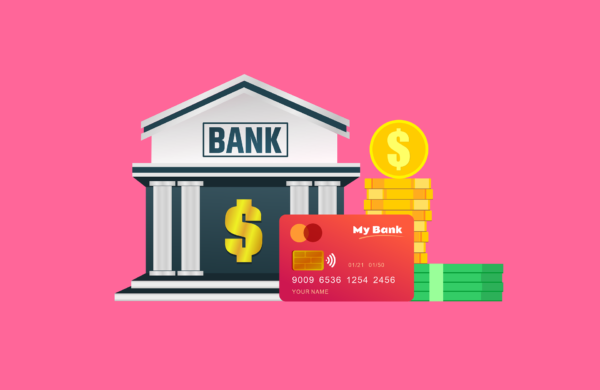
Being debt free is a worthwhile goal. But with mortgages, car payments, credit cards and student loans, this is often unrealistic. However. it is usually possible to manage debt better.
These tips can help you get started.
Analyze the Situation: Assess how much and what type of debt you have either by writing it down using pencil and paper or entering the data into a spreadsheet like Microsoft Excel. You can also use a bookkeeping program such as Quicken or a debt management app such as Debt Manager, Debt Payoff Planner or, if you are only concerned about student loan debt, the app Changed.
When compiling or entering your list, be sure to include every instance you can think of where a company has given you something in advance of payment such as your mortgage, car payment, credit cards, tax liens, student loans, PayPal Credit and store payments or cards.
Record the day the debt began and when it will end, along with the interest rate you”™re paying and the typical payment amount. Next, add it all up. The goal is to break this into manageable chunks while finding extra money to help pay it down.
If you”™re one of the millions of people who have lost their jobs during the coronavirus pandemic, many auto and student loan lenders, as well as mortgage and credit card issuers, are offering temporary concessions. Before you make any payments, call or visit their websites to see what their policies are during the pandemic and whether there are options for deferral and other measures you can take.
Identify High-Cost Debt: Even if you haven”™t lost your job or experienced sickness related to Covid-19, it never hurts to identify which debts are more expensive than others and pay them off first. The worst offender is consumer debt such as personal loans, auto loans and credit cards with high-interest rates.
Credit cards are easiest to tackle, so start with them. In paying down this debt, remember these tips:
- Don”™t use them. You don”™t have to cut them up, but take them out of your wallet, put them in a drawer and only access the one with the lowest interest rate in an emergency.
- Identify the card with the highest interest and pay off as much as you can every month and pay the minimum amount due on other cards. When that one is paid off, work on the card with the next highest rate.
- Check your credit cards for balance transfer rates and transfer balances from higher interest accounts to a lower interest one. When you pay less interest, you can pay down your debt faster. The catch is that at the end of the balance transfer period (typically six to 12 months), the low- or zero-interest rate reverts to a higher credit card interest rate.
- Don”™t close existing cards or open any new ones. It won”™t help your credit rating and might even hurt it.
- Pay on time, absolutely every time. Late payments ”” even one ”” can lower your FICO score.
- Go over your credit card statements in detail and look for monthly charges for things you no longer use or don”™t need anymore.
- Call your credit card companies and ask them nicely if they would lower your interest rates ”” sometimes it works.
Save, Save, Save: Do whatever you can to retire debt, even if it means reevaluating your priorities and changing your lifestyle. Consider taking a second job and using that income only for higher payments on your financial obligations. Substitute free family activities for high-cost ones. Sell high-value items that you can live without.
Never Miss a Payment: Not only are you retiring debt, but you”™re also building a stellar credit rating. If you buy a house or car or rent an apartment, you”™ll want to have the best credit rating possible. A blemish-free payment record will help. Besides, credit card companies can be quick to raise interest rates because of one late payment and a completely missed one is even more serious.
Pay with Cash: To avoid increasing debt load, make it a habit to pay for everything you purchase with cash or a debit/credit card.
Shop wisely and use the savings to pay down debt: If your family is large enough to warrant it, invest $45 to $60 and join a store like Sam”™s or Costco and use it. Shop there first, then at the grocery store. Change brands for a better price if you have to. Use coupons and store savings clubs religiously. Calculate the money you”™re saving and use it to pay down debt.
Remember, every penny counts and even if it”™s a small amount every month, consistently saving adds up over time. But if you have debt concerns that are not easily resolved, then you should consider talking with a financial professional.
Norman G. is managing partner of Grill & Partners LLC, certified public accountants and consultants to closely held companies and high-net-worth individuals, with offices in Fairfield and Darien.


















